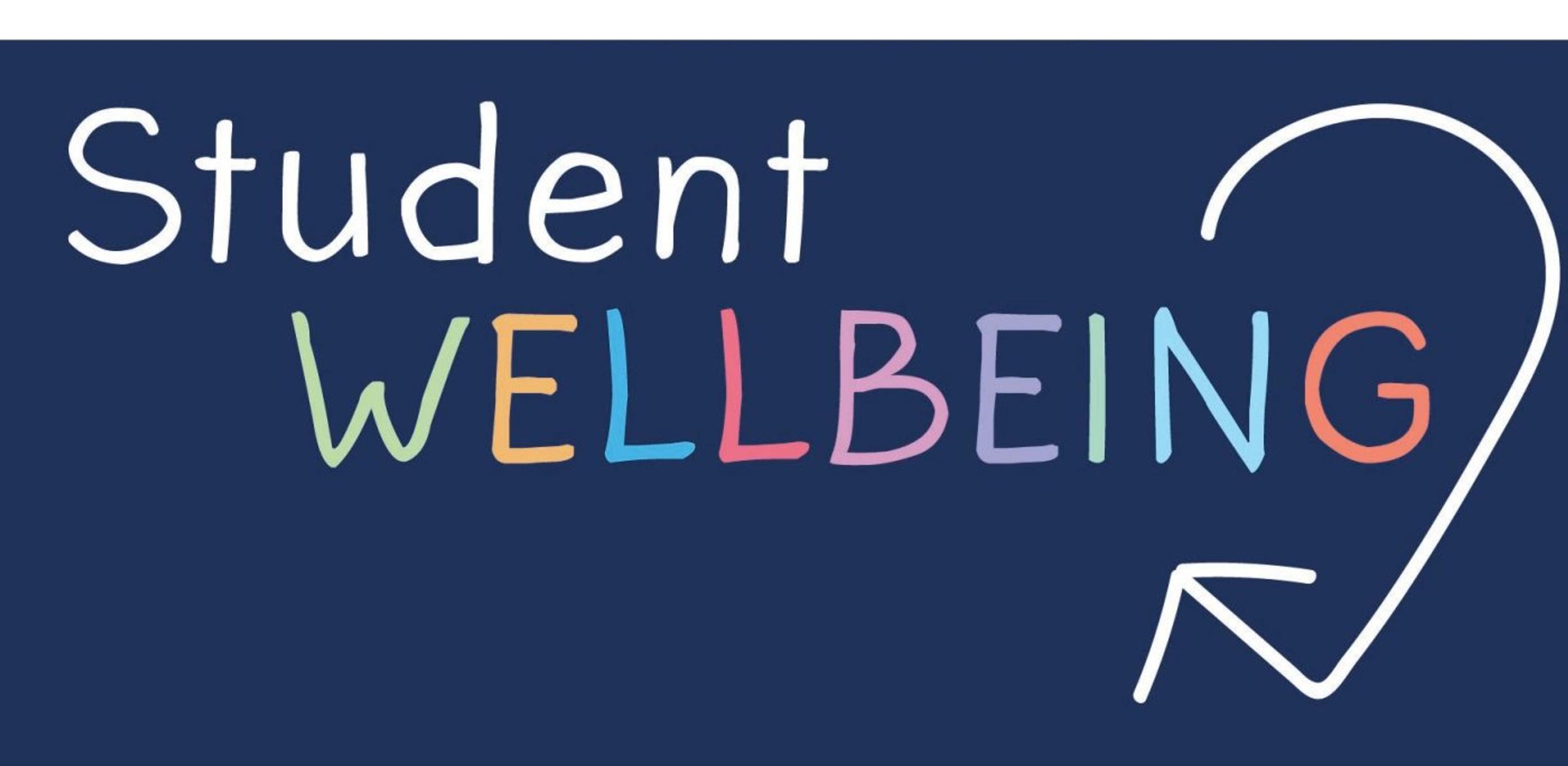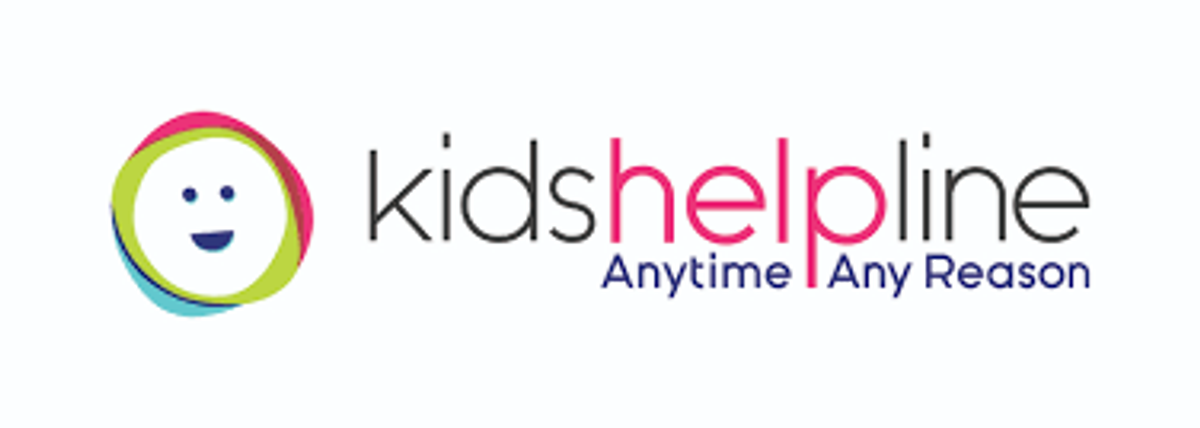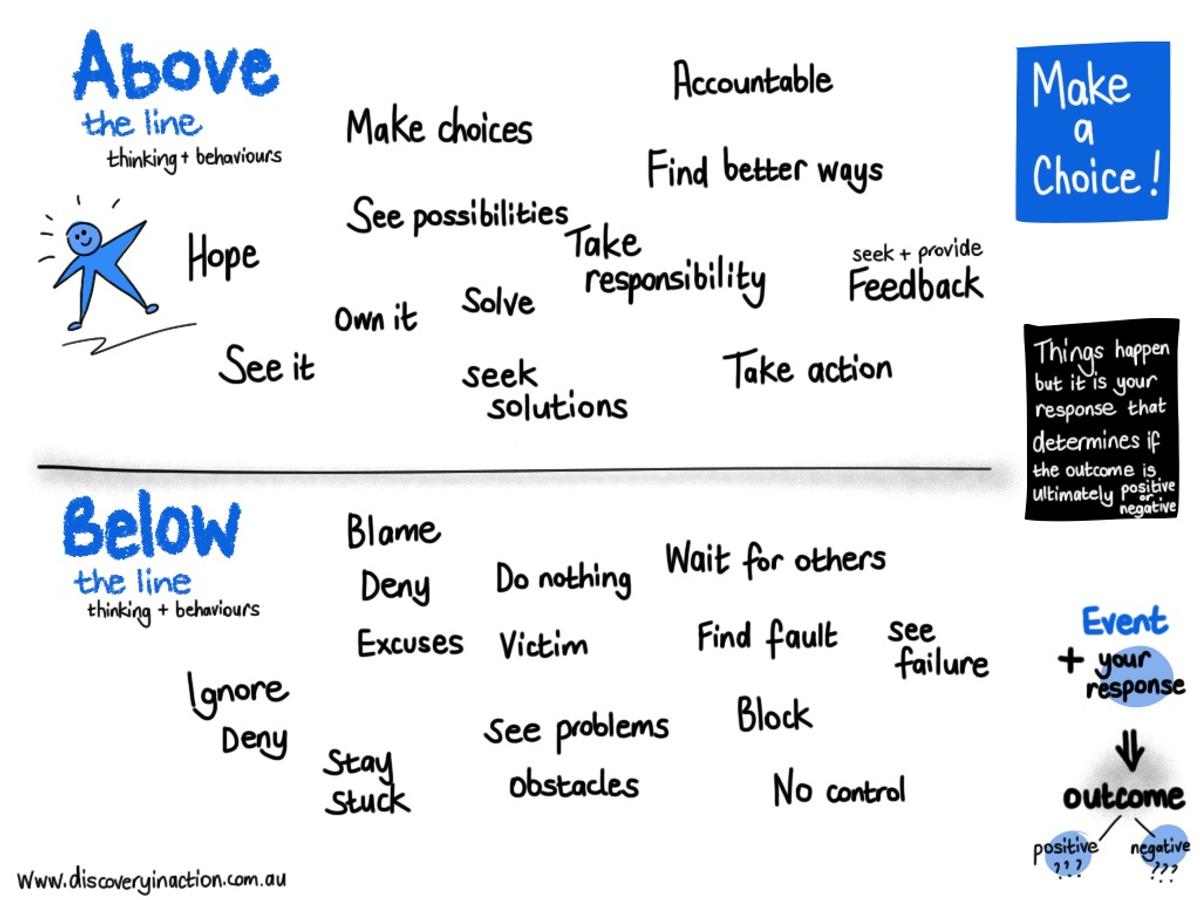Student Wellbeing

Cheltenham Primary School is committed to providing a safe, secure and stimulating learning environment for all students. We understand that students reach their full potential only when they are happy, healthy and safe, and that a positive school culture helps to engage students and support them in their learning. Our school acknowledges that student wellbeing and student learning outcomes are closely linked.
Our school has a focus on positive psychology approaches. Positive psychology focuses on the positive events and influences in life, including:
- Positive experiences (like happiness, joy, inspiration, and love).
- Positive states and traits (like gratitude, resilience, empathy and mindfulness).
To support this, we have a number of proactive practices in place to support and promote positive wellbeing for all students. Some of these are outlined below,
The Resilience Project
The research is clear; the more positive emotion you experience, the more resilient you will be. For that reason we focus on three key pillars that have been proven to cultivate positive emotion; Gratitude, Empathy and Mindfulness (GEM), with Emotional Literacy being a foundational skill to practise these strategies. Our students engage in weekly Resilience Project lessons.
Zones of Regulation
The Zones of Regulation creates a systematic approach to teach regulation by categorising all the different ways we feel and states of alertness we experience into four concrete colored zones. Students build skills in emotional and sensory regulation, executive functioning, and social cognition. Zones of regulation are an explicit focus in our Junior School and as required in the middle/upper school.
Growth Mindset
The development of a Growth Mindset is a strong focus from F-6 for all students. Students with a growth mindset believe that ability can change as a result of effort, perseverance, and practice. You might hear them say, “Maths is hard, but if I keep trying, I can get better at it.” Students with a growth mindset see mistakes as ways to learn, embrace challenges, and persist in the face of setbacks.
At Cheltenham Primary School, we reframe student thinking from 'I can't do this' to 'I can't do this yet'.
Lunchtime Clubs
There are great benefits of Lunchtime Clubs as they are an opportunity for students to have fun and interact with peers from the same year level, who have similar interests and passions. It also allows students to increase friendships, promote peer social acceptance, engagement in teamwork, co-operation and collaboration. Students are consulted about what clubs they would like to take part in.
Year 6 and Foundation Buddy Program
The Buddy Program is one of the many ways we help our Foundation students settle into school, as well as promoting and developing leadership skills in our senior students.
Buddies meet regularly throughout the year to complete fun activities together. These activities may include literacy activities, maths games and craft. The program has an extremely positive impact on both the Foundation and Grade 6 students.
Benefits of the buddy program include:
- Foundation students having another positive role model within the school
- Foundation students having someone to go to if they are worried/scared in the playground
- Foundation and Grade 6 children developing new and positive relationships
- Grade 6 students taking on and developing responsibility
- Grade 6 students learning how to be a positive role model for other students
Kids Helpline
Kids Helpline is Australia’s only free, private and confidential 24/7 phone and online counselling service for young people aged 5 to 25.
Since 1991, Australia’s kids and young people have been turning to our professional, specialised counsellors, no matter who they are, where they live or what they want to talk about.
You can access Kids Helping via their website at https://kidshelpline.com.au/ or by calling 1800 55 1800
Beyond Blue - Mental Wellbeing and support
Thinking Above the Line
How can you evolve your thinking or behaviours to move to a state of curiosity, learning, problem solving or action?
Imagine a blank piece of paper with a horizontal line drawn through the centre of it. The line signifies a choice between how you thoughtfully respond to a situation or automatically react.
- Operating above the line is open and positive. It’s about ownership, accountability and responsibility.
- Operating below the line is closed and negative. It’s about denial, excuses, defensiveness and blame.
This model can be useful for anyone (individuals and families). The fact that it’s visual is part of its power because when you can see clearly where you’re operating below the line, you can start to have the conversation. The idea is that when you have a group of people operating above the line, you can expect far more effective outcomes.
Mindful Meditation
5 Ways to Well being
Free Apps to Support Emotional Well being








